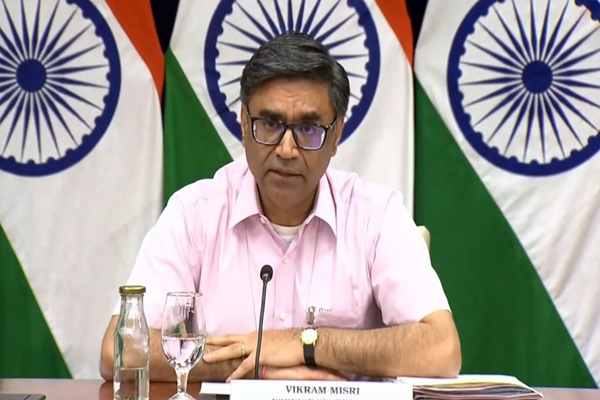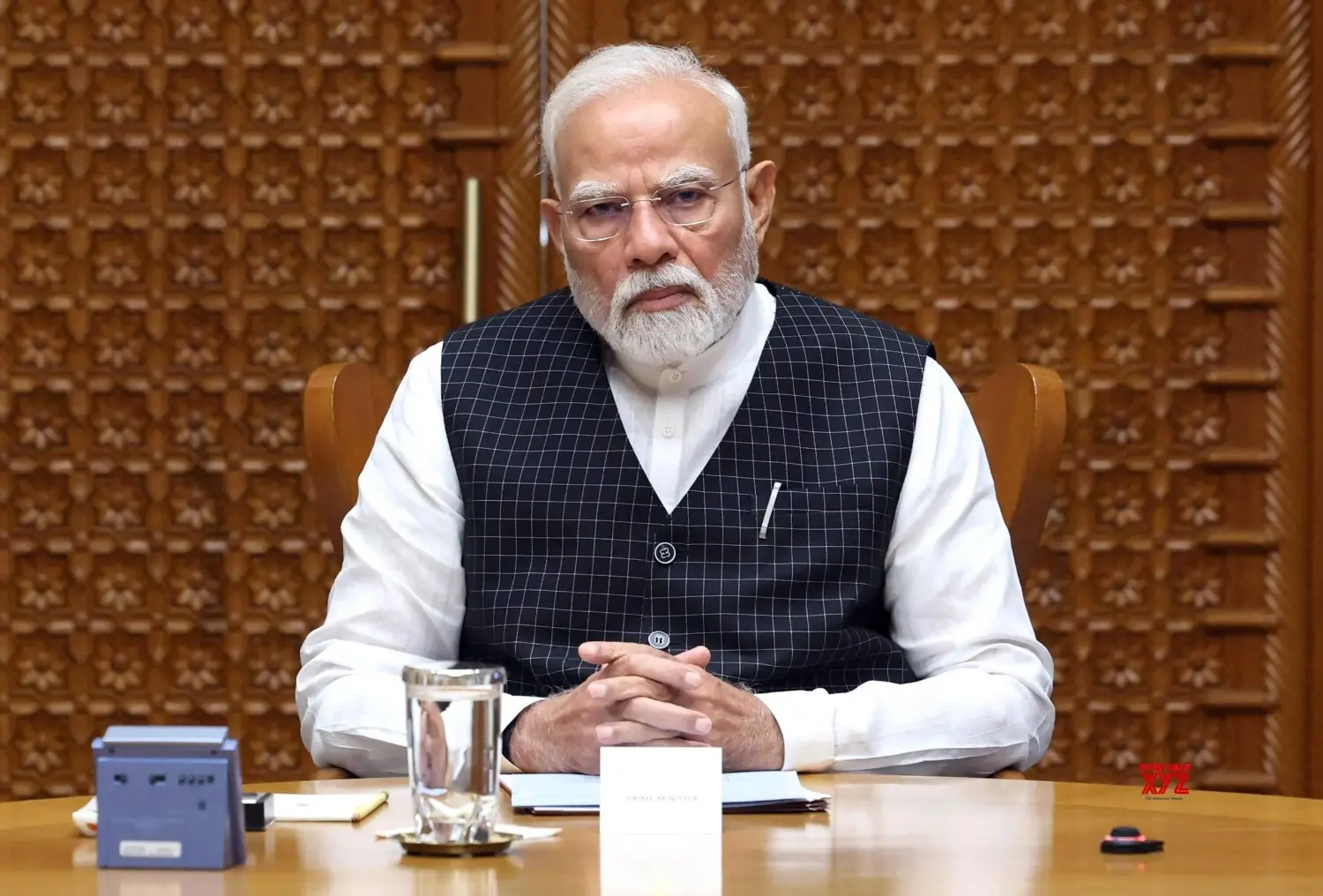In a decisive response to the deadly terrorist attack in Pahalgam the Cabinet Committee on Security (CCS) conducted a meeting under the Chairmanship of the Prime Minister. The CCS was briefed in detail on the terrorist attack on 22 April 2025 in Pahalgam, in which 25 Indians and one Nepali citizen were killed. A number of others sustained injuries. The CCS condemned the attack in the strongest terms and expressed its deepest condolences to the families of the victims and hoped for the early recovery of the injured.
The Ministry of External Affairs further stated that, strong expressions of support and solidarity have been received from many Governments around the world, which have unequivocally condemned this terror attack.
The CCS recorded its appreciation for such sentiments, which reflect zero tolerance for terrorism.The CCS acknowledged the global solidarity shown towards India in the wake of this tragedy, reinforcing the global consensus against terrorism.
Key measures announced by the CCS
-
Indus Waters Treaty Suspended
-
Attari Border Check Post Shut Down
-
SAARC Visa Exemption for Pakistan Cancelled
-
Military Advisors Expelled, Reciprocal Withdrawal
-
High Commission Staff Reduced
Suspension of the Indus Waters Treaty
India has decided to hold the Indus Waters Treaty of 1960 in abeyance with immediate effect. This crucial agreement governs the sharing of water from the Indus River system between the two nations.
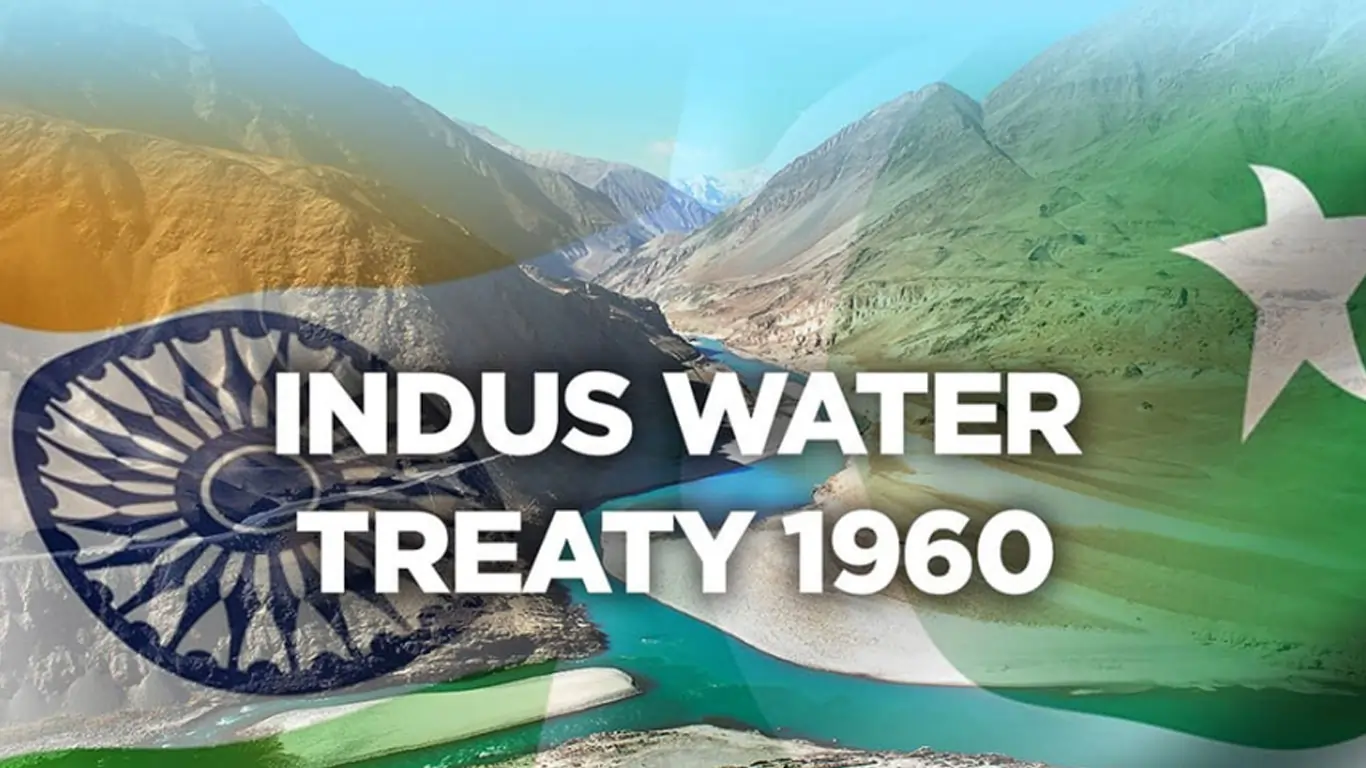
The CCS stated that the treaty will remain suspended until Pakistan credibly and irrevocably ceases its support for cross-border terrorism. This decision marks a major shift in bilateral relations, as the Indus Waters Treaty has been a relatively stable element despite periods of tension between the two nations.
What is The Indus Water Treaty?
The Indus Water Treaty (IWT) is a water-distribution treaty between India and Pakistan, arranged and negotiated by the World Bank. This was to use the water available in the Indus River and its tributaries.
It was signed in Karachi on 19 September 1960 by then Indian Prime Minister Jawaharlal Nehru and then Pakistani President and Field Marshal Ayub Khan. On 23 April 2025, the Foreign Secretary of India announced the suspension of the Indus Waters Treaty with Pakistan following the 2025 Baisaran Valley Terrorist Attack.
Closure of Attari-Wagah Border Check Post
India has further ordered the immediate closure of the Integrated Check Post at Attari, a vital land route for cross-border movement of people and goods between India and Pakistan. Individuals who have already crossed over with valid endorsements will be permitted to return through this route before May 1, 2025. The closure of this key transit point aims to restrict any further cross-border activities and goods exports, sending a strong signal regarding India’s resolve.
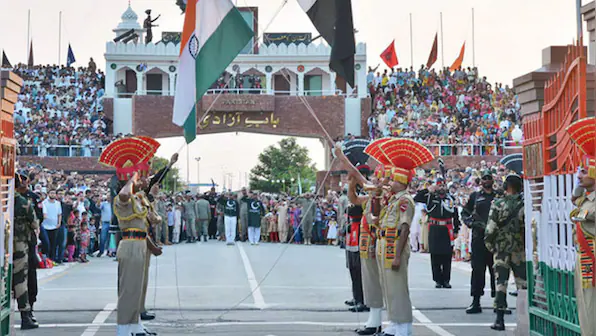
The Attari Check post
Attari, also spelled Atari, is a village of Amritsar district in the Punjab state of India, 3 km from the Indo-Pakistani border at Wagah. It is situated 25 km west of the Sikh holy city of Amritsar, and is the last Indian station on the rail route connecting Lahore, Pakistan with the Indian capital Delhi. Exports to Pakistan, such as soybean, chicken feed, vegetables, red chillies, plastic dana, and plastic yarn, travel through this route.
Cancellation of SAARC Visa Exemption Scheme for Pakistani Nationals
India has suspended the SAARC Visa Exemption Scheme (SVES) for Pakistani nationals. All SVES visas previously issued to Pakistani citizens have been cancelled with immediate effect. Furthermore, any Pakistani national currently in India under the SVES has been given a strict 48-hour ultimatum to leave the country. This measure significantly restricts the movement of Pakistani citizens to India under this previously facilitated scheme.
What is the SAARC Visa Exemption?
The Leaders of South Asia, in the fourth SAARC Summit held on 29-31 December, 1988 at Islamabad recognized the vitality of people to people contact among the peoples of South Asian countries. The leaders in the 4th Summit decided to issue a special travel document to certain categories of dignitaries and exempt them from visas and other travelling documents.
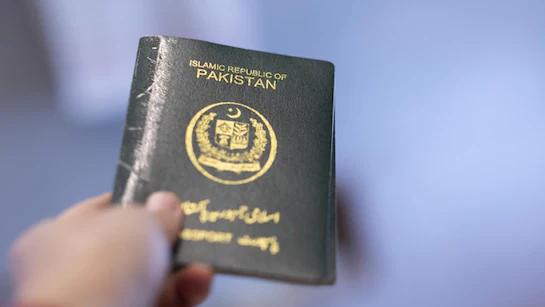
This special travel document is known as SAARC Visa Exemption Sticker and is issued to 24 categories of entitled persons which include Dignitaries, Judges of higher courts, Parliamentarians, Senior Officials, Businessmen, Journalists, Sportsmen etc. The SAARC Visa Exemption Scheme, active since 1992, enables visa-free travel for selected groups.
Expulsion of Pakistani Military Advisors and Reciprocal Withdrawal
Foreign Secretary Vikram Misri said, “The Defence/Military, Naval and Air Advisors in the Pakistan High Commission in New Delhi are declared Persona Non Grata. They have a week to leave India. India will be withdrawing its own Defence/Navy/Air Advisors from the Indian High Commission in Islamabad. These posts in the respective High Commissions are deemed annulled. Five support staff of the Service Advisors will also be withdrawn from both High Commissions.”
